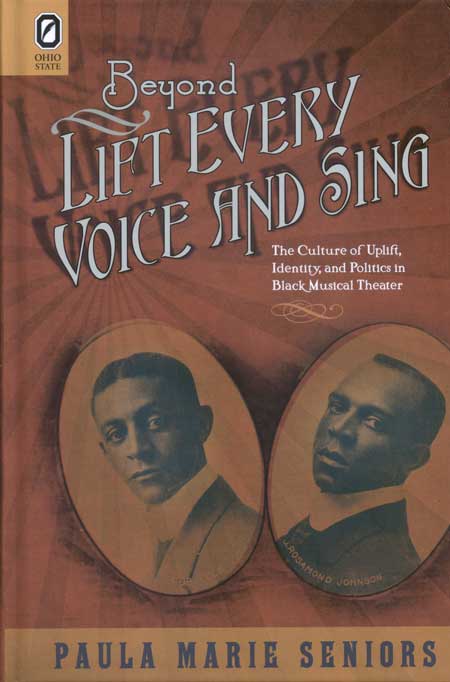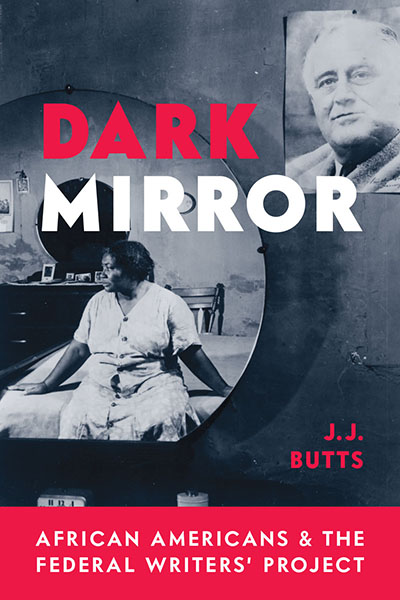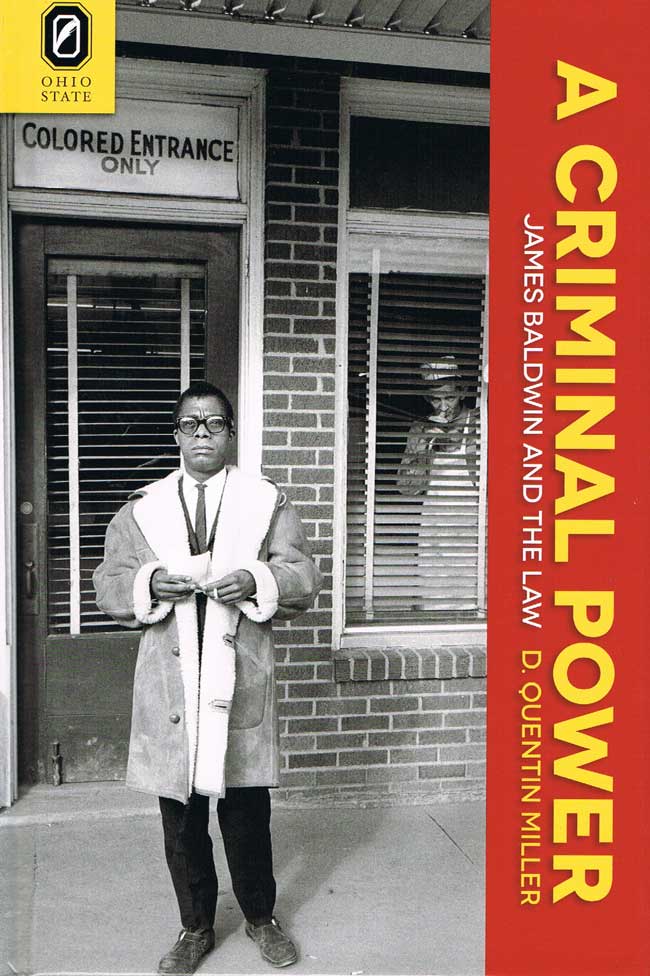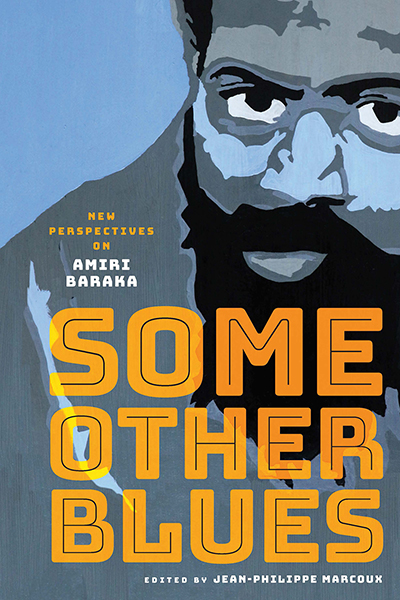“Dark Mirror is an astute reading of a wide array of Black literary and nonfiction work . . . The genre-crossing in Dark Mirror is a welcome change from the perspective of a historian, and it is well worth it when the result is an altered reading of some of the most important intellectual productions of the twentieth century.” —Dylan O’Hara, Black Perspectives
“Dark Mirror successfully shows how African American writers destabilize [Federal Writers’ Project] subunits’ portrayals of inclusion and modernization. … And as we observe federal attempts to heal the nation at present, Dark Mirror advances the possibility that New Deal–era African American literature may foresee what current legislative efforts might lay bare for a nation looking toward the promise of a brighter tomorrow.” —Christin Marie Taylor, Journal of African American History
“In situating intertexts primarily in their relationship to the New Deal, and the beginnings of the liberal welfare state, Dark Mirror is a significant contribution to an expanded analysis of the cultural and political complexities and tensions of these works and this era. Encouraging scholars to continue to further identify these enduring connections, Dark Mirror is itself a counter-modern intertext.” —Robin Lucy, MELUS: Multi-Ethnic Literature of the United States
“Dark Mirror is, in many ways, a refreshing and important contribution to a field that is currently flourishing . . . Indeed, Dark Mirror is most compelling and valuable in describing the dynamic interplay between the New Deal and the FWP. Thus does Butts widen our grasp of the Writers’ Project—as a program that was determined by the very state machinery that constrained it, a program that, perhaps paradoxically, unleashed a grassroots movement of Black voices with resounding reverberations.” —Sara Rutkowski, American Literary History
“Dark Mirror is a fascinating look at the making of Black history as it was produced by writers on Roosevelt’s Works Progress Administration (WPA). It offers many unknown and complex ways that Black WPA writers engaged US literary modernism.” —Brian Dolinar, editor of The Negro in Illinois: The WPA Papers
Dark Mirror: African Americans and the Federal Writers’ Project explores Black writers’ engagement with the emerging welfare state. J. J. Butts highlights the conflicting understandings of culture and modernity that pervaded the New Deal’s most ambitious and important cultural project of the 1930s, the Federal Writers’ Project (FWP). FWP guidebooks produced by African American writers such as Richard Wright, Zora Neale Hurston, and Ralph Ellison introduced an inclusive, pluralist understanding of the nation’s culture and history. Using sociological discourses of urban pathology, they justified rebuilding landscapes to remedy social ills as part of a broader agenda for modernization. Drawing on archival research and textual analysis, Dark Mirror shows how FWP guidebooks sought to minimize the tensions between pluralism and modernization, often at the expense of the former. It also demonstrates how Black FWP authors responded to these ideas in FWP texts and in their own narrative and documentary writing. Highlighting the deep racial currents undercutting the promises of the welfare state, these texts provide what Richard Wright called a “dark mirror” for the nation, setting up new modes of engagement with liberalism and reshaping African American literature.
J. J. Butts is Associate Professor of English at Simpson College.
Contents
Acknowledgments
List of Abbreviations
Introduction
Chapter 1 New World Symphony: New Deal Civic Pluralism in the FWP Guidebooks
Chapter 2 This Wise Geolatry: Modernization and Urban Planning in the FWP Guidebooks
Chapter 3 Other Than What We Seem: The Folk Histories of Hurston and Wright
Chapter 4 They Seek a City: The Future of African America in FWP Social Histories and Intertexts
Chapter 5 Patterns of Modernity: The Urban Folk, State Power, and Citizenship in Petry and Ellison
Conclusion Irony and Liberalism
Bibliography
Index
Related Titles:

Beyond Lift Every Voice and Sing
The Culture of Uplift, Identity, and Politics in Black Musical Theater
Paula Marie Seniors




